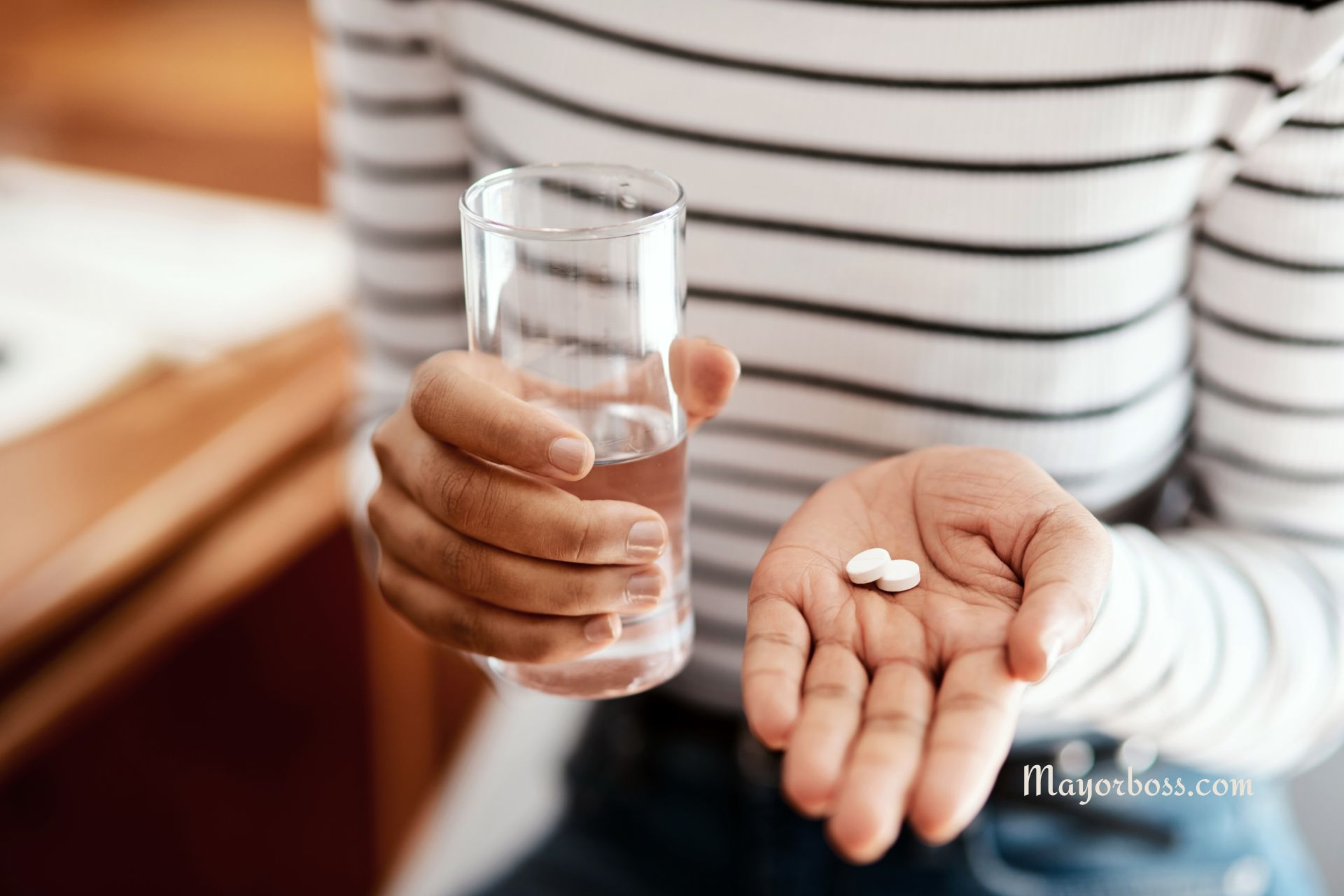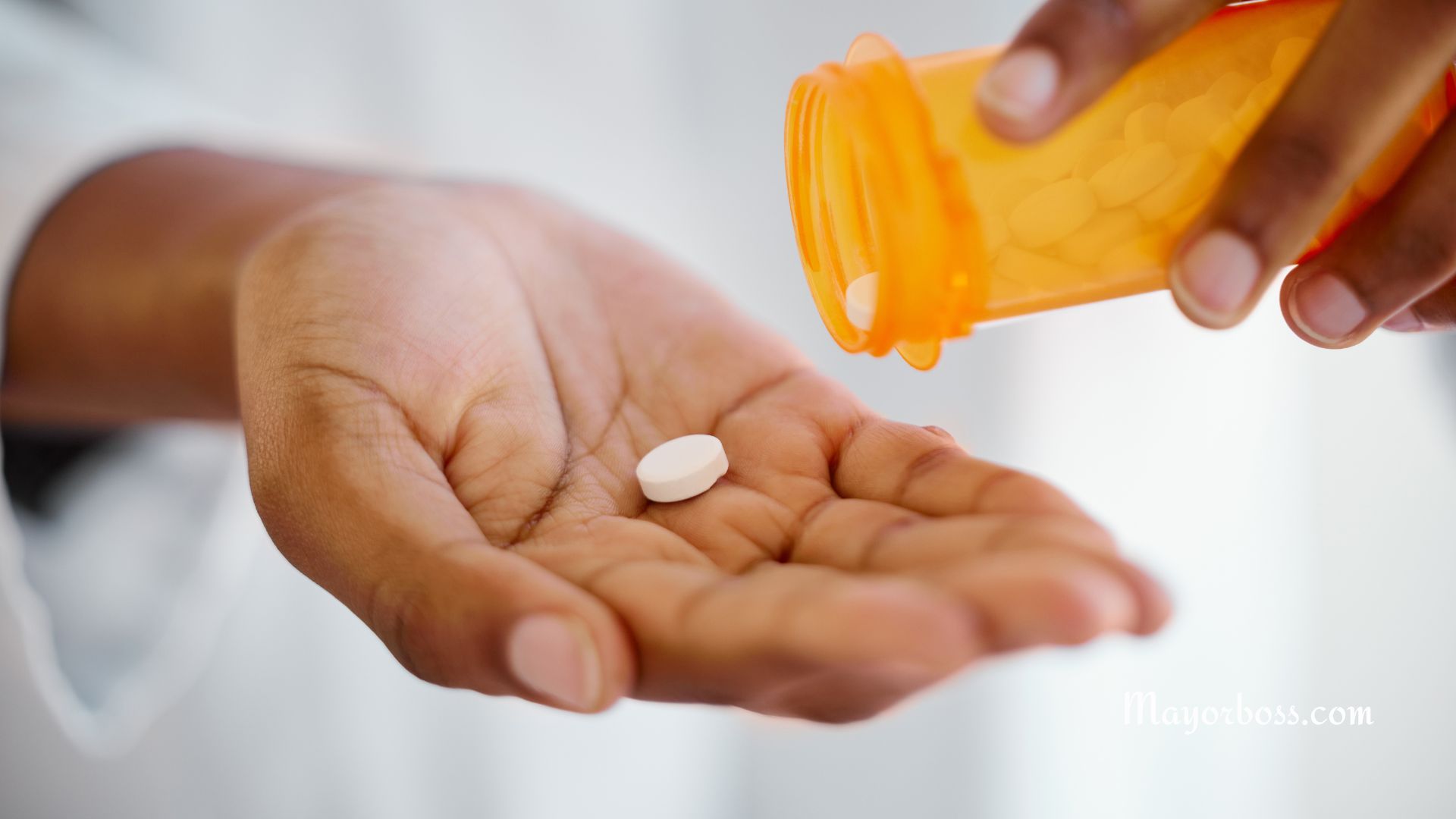4 Vitamins That Can Relieve Constipation
Constipation is a common issue that many people face, and it can be uncomfortable, to say the least. If you’re struggling with this problem, you might be surprised to learn that certain vitamins can help get things moving again. Here, we’ll discuss four vitamins that have been shown to aid in relieving constipation. Plus, we’ll touch on how you can incorporate them into your diet.

Vitamin C
Vitamin C isn’t just great for boosting your immune system. It also plays a vital role in digestion and can help soften your stool, making it easier to pass. When you take it in high doses, vitamin C attracts water into the intestines, increasing water content in the stool. However, remember to consume it in moderation, as too much can lead to diarrhea.
How to Add More Vitamin C to Your Diet:
- Enjoy fruits such as oranges, strawberries, and kiwi.
- Include vegetables like bell peppers, broccoli, and Brussels sprouts in your meals.
Vitamin D
Research has shown that Vitamin D may help improve muscle strength in the digestive tract, which in turn can make it easier for your body to move stool. A deficiency in Vitamin D has been linked to constipation, so ensuring you have enough could be key to easing your symptoms.
How to Boost Your Vitamin D Intake:
- Spend some time in sunlight, as it helps your body produce Vitamin D.
- Eat fatty fish such as salmon, mackerel, and tuna.
- Consider fortified foods like milk, orange juice, and cereals.
Vitamin B-12
Vitamin B-12 is vital for overall health and plays a significant role in the functioning of the brain and nervous system. It also helps with the digestion process and can alleviate constipation by supporting the body in regulating the digestive tract.
Increasing Your Vitamin B-12 Consumption:
- Include animal products like meat, fish, poultry, eggs, and dairy in your diet.
- For vegetarians and vegans, look for fortified cereals or consider a supplement.
Magnesium (Not a Vitamin, But Worth Mentioning)
While magnesium is a mineral and not a vitamin, it’s worth mentioning due to its effectiveness in relieving constipation. In fact, magnesium works by drawing water into the intestines, which softens the stool and makes it easier to pass.
Ways to Get More Magnesium:
- Snack on nuts and seeds, particularly almonds, pumpkin seeds, and chia seeds.
- Add leafy green vegetables, such as spinach and Swiss chard, to your meals.
- Enjoy whole grains like brown rice and quinoa.
Incorporating these vitamins and magnesium into your diet can help alleviate constipation. However, if you continue to experience issues, it might be time to consult a healthcare professional. They can provide personalized advice and check if there’s an underlying condition causing your symptoms.
Frequently Asked Questions
1. Can taking too much of these vitamins cause any side effects? Yes, taking excessive amounts of vitamins can lead to side effects. For example, too much vitamin C can cause diarrhea and stomach cramps, while excessive vitamin D intake might lead to hypercalcemia, a condition characterized by an above-normal level of calcium in the blood, which can cause nausea and weakness.
2. How quickly can vitamins relieve constipation? The time it takes for vitamins to relieve constipation varies depending on several factors, including the individual’s digestive system, the severity of the constipation, and dietary habits. For some, relief can come within a few days, while for others, it might take a couple of weeks.
3. Should I take vitamin supplements or try to get these vitamins from my diet? Whenever possible, it’s best to get vitamins from your diet because foods contain a wide range of nutrients that work together to support health. However, if you’re unable to get enough of these vitamins through food alone, supplements may be beneficial. Always consult with your doctor before starting any new supplement regimen.
All in all, a balanced diet rich in fruits, vegetables, whole grains, and healthy fats is the foundation of good digestive health. Alongside these vitamins, staying hydrated and engaging in regular physical activity can also help maintain regular bowel movements.






